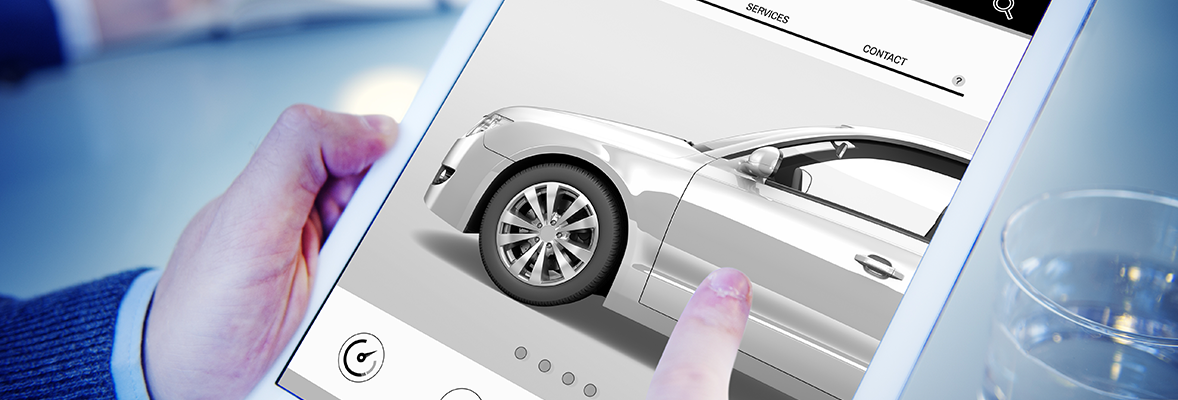We were recently featured in the Institute of the Motor Industry magazine, sharing expertise on the future of automotive marketing. One of the key learnings from the article is that data is now a central component to the automotive industry – everyone from manufacturers to dealers, after-sales and marketers rely on it to constantly improve the way they target customers, and ultimately drive sales.
The role of digital in automotive
The industry is at a crossroads and everyone wants to know where the market is heading. New software such as connected cars and impending autonomous vehicles are changing the way we access mobility. Data is underpinning these shifts in consumer habits.
Automation is central to these new technologies, just as it was for the last great shift in the automotive industry nearly 100 years ago that allowed Ford to mass produce an unprecedented 15 million model T cars. However, automated processes are not just confined to automotive production – marketers in this space need to keep pace with the plethora of technology available to help target customers in the 21st century.
The state of the industry
Research conducted in the latest State of Automotive Marketing report shows the biggest priority for automotive marketers at dealership level is proving return on investment. To achieve this, many are turning to automation tools to help in the quest to personalise communications with customers and prospects, increasing the likelihood of engagement with individuals.
The car buying journey itself is becoming increasingly digitalised and complex, invariably including many touchpoints across multiple devices. Although relatively few cars are actually purchased online, the digital space is central to the early exploration stages of the car buying process. Mobile devices in particular now play a key role – a recent report commissioned by Facebook IQ and Ipsos revealed 71% of car buyers use mobile devices to investigate vehicles before purchasing.
This means customers are increasingly difficult to identify online as they move seamlessly from one platform to another, and from one device to another. While a profile of a car buyer can be constructed based on items such as a similar IP address or pattern of consuming content, all too often this type of digital fingerprint can be a best guess, or finger-in-the-air stuff. Taking a more robust approach to recognising these customers in the digital space is essential for ensuring the content served is relevant for that audience, and that the campaign is cost-effective.
Identity Resolution in Automotive Marketing
Connecting previously siloed datasets makes it possible to resolve the online identities of individual consumers, as they move across those different channels in the quest to find their next car. Marketers can then map and evaluate the customer’s journey across every touchpoint.
Identity resolution is the motorway that helps speed up connections of data points and disparate customer information. It enables automotive marketers to identify which strands of marketing activity had the most impact and which touchpoint directly engaged or converted a customer (proving the return on investment automotive marketers are increasingly focussed on), thereby improving the effectiveness and efficiency of future marketing campaigns.
A recent McKinsey report outlined the challenges of monetising data to develop new revenue streams and reduce costs. Taking the time to connect datasets and investing in identity resolution enables the customer journey to be mapped like never before, increasing online engagement and reducing media costs.
With ROI a key focus for automotive marketers everywhere, can you afford to ignore the benefits of identity resolution?
Learn more about how identity resolution can help marketers in the automotive industry – read our Identity Resolution Use Cases ebook.
